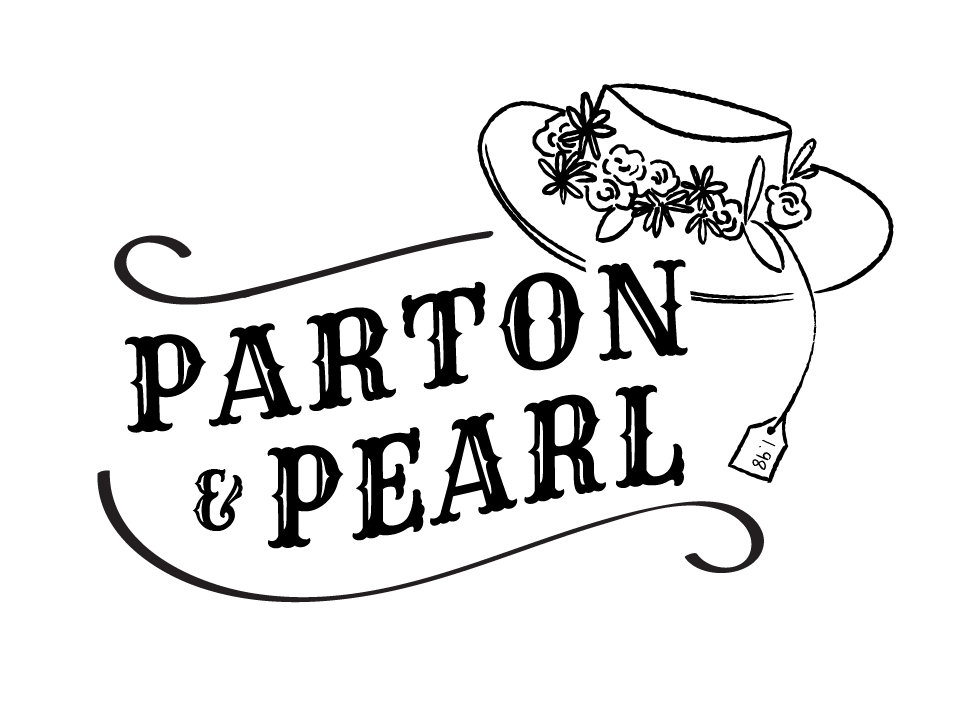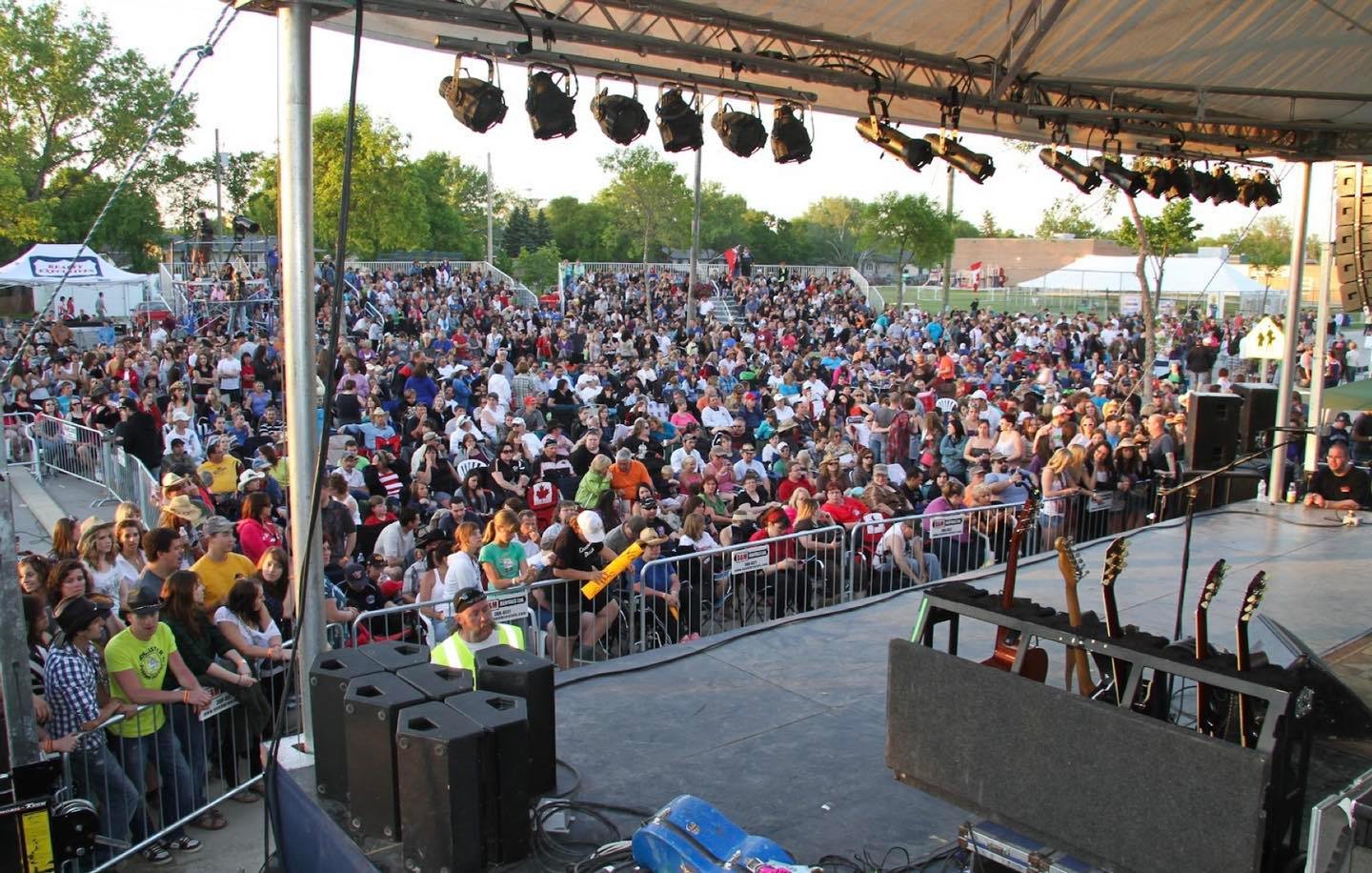The Summer Days That Every Small Town Song Sings About
Niverville Olde Tyme Country Fair
Niverville, Manitoba is about forty minutes past the south edge of Winnipeg. A close friend moved there a couple of years ago, and I was in town for work, so he picked me up at the far south side of town driving across farmland, past the Red River flood plains, the grain silos, onto gravel roads—listening to country radio. I wanted to see my friend, and I wanted to visit the small town fair to listen to some live country music, eat some mini donuts, and go on some rides. I was trying to figure out what it means to listen to country music now. To actually listen, in person, in the kind of small town that country artists keep singing about.
I grew up in a small town, but I have lived in cities for decades. As much as I love Country, I don’t love small towns at all. Listening to other music critics and academics, they also live in cities, though sometimes growing up in small towns, but country audiences aren’t thought to live in small towns - they are mostly thought to live in the upper middle class suburbs. The country songs about back forties are secretly suburban or that there are so many of them that they range into the generic.
Ontario country duo The Reklaws have so many songs about these kinds of places and these kinds of parties–I wondered if they would hit different if I listened to them in the middle of the prairies. There are also difficult political reconcillings–that country music is often the music of a cynical nativism, and an audience committed to performative whiteness.
I have seen Brett Kissel and Dean Brody in Toronto, a half an hour walk to the subway, but I have never seen a big Country band in a small town. Big here being a relative thing. Canadian pop country doesn’t often break in America. The Reklaws are following the path of a very successful Canadian band (six platinum or gold singles in the last eight years), featuring Nashville artists, songwriting sessions, and frequent trips down south. There are a limited number of country artists that are pulling the numbers that The Reklaws pull, and the artists that do tend to work collaboratively – such as working with Brody or Kissel–very big fish in a very small pond.
The Reklaws at Niverville Olde Tyme Country Fair. Fan photo by S. Kmet.
Part of that problem is how fiercely these artists sang about small towns – partying in small towns, drinking in small towns, back forties and back fields. Without ready access to these towns, both The Reklaws’ versions of these songs and country’s general obsession with it over the last few years strain credulity.
My friend moved to this town because he thought it would be better for his kids. He is surrounded by a group of people whose love of the small town was not aspirational, but a lived reality. Niverville is still a farm town, and a young farm town–less than a century old. At the end of my friend’s very new subdivision, I smell manure and see crop planes taking off, flying lazy circles around the fields. There has to be some tension between the newcomers and the farm families. The newcomers are sometimes adamant they live in a farm community, an adamancy matched by The Reklaws claim to be a farm family – their family ran the Yee Haw Adventure Farm in suburban Cambridge, Ontario.
Small towns are safer for some people, and more dangerous for others; or at least back forty parties that might not be fun for everyone. There are a handful of churches two blocks from the Niverville Olde Tyme Country Fair–and each of them are advertising a sermon about the fair–Saturday night and Sunday morning become hegemonic to this annual event.
Directly in front of the stage at the fair, there is someone wearing a “Canada Love It Or Leave It” t-shirt, and another wearing a coat with a carefully embroidered brush script: “Freedom Convoy 2022”.
Thinking about this hegemony, my friend and I chat as we watch the show, he tells me about how The Reklaws backing band is playing basic rock music, he talks about how what is considered traditional country music might be more interesting to listen to and, by extension, that cynically dismissing authenticity in favour of populism, gives listeners and critics a false dichotomy which leads to boring music, and maybe more serious aesthetic crimes. It's an argument that commercially successful culture made in big cities can be as hegemonic as small towns.
Being in the middle of The Reklaws set, listening to this town, enjoying the commedrarie, I know in less than two hours I can be back in the big town, sleep in a hotel, buy a hamburger at three AM–where my love of country music becomes another cultural space, another way of doing business. I wonder what would happen if I heard The Reklaws at the Budweiser Stage in Toronto–knowing that people drove from Cambridge to hear them; or if I heard them at the small honky tonk a kilometer away from Portage and Main. Knowing that I will never live in a small town, it was destabilizing to realize what I thought was a myth had a solid material heft.





What is it like to see a country show in the kind of small town that country artists keep singing about?